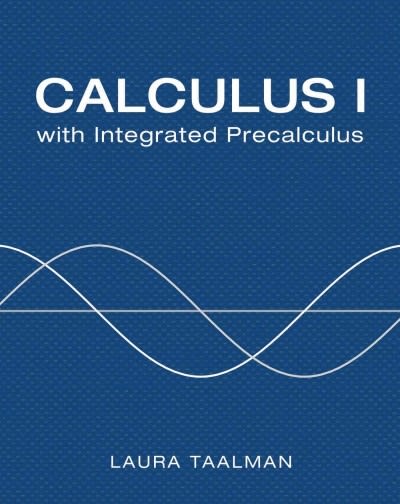Question
STATISTICS AND PROBABILITY CHALLENGE! The following is a statistical hypothetical inference concluded by some statisticians some time ago. Study it keenly and answer the following
STATISTICS AND PROBABILITY CHALLENGE!
The following is a statistical hypothetical inference concluded by some statisticians some time ago. Study it keenly and answer the following questions. Carrying out the public health mission described inChapter 2requires systematic identification of health problems and the development of means to solve those problems. This volume has described the history of the development of this problem-solving capability and its current status in the United States. With that description as a backdrop and drawing on a review of the literature, site visits, statements at the four open meetings, review of other case studies (Miller and Moos, 1981; Institute of Medicine, National Academy of Sciences, 1982b), and the recent evaluation of progress by the U.S. Public Health ServiceThe 1990 Health Objectives for the Nation(Office of Disease Prevention and Health Promotion, Public Health Service, U.S. Department of Health and Human Services, 1986), the committee has identified some appreciable barriers to effective problem-solving in public health
31 It is stated that nitric oxide (NO) inhibits the relaxation of the lower oesophageal sphincter (LOS) and that sildenafil is given for treating achalasia. As far as I know, sildenafil acts to increase the guanine monophosphate (GMP), just as NO uses the same mechanism to relax the LOS. Could you explain this paradox?
32 In Kumar and Clark Clinical Medicine you mention that auscultation is not important in cases of gastrointestinal disorders, but Harrison's Principles of Internal Medicine gives this as being of equal importance because succussion splash and bowel sounds can help in presumptive diagnosis. Succussion splash indicates gastric obstruction (e.g. gastroparesis) and likewise bowel sounds can help determine the status of developing ileus. Would you agree that this is therefore a diagnostic tool?
33 Is it hazardous to give aspirin in the antiplatelet doses (75-325 mg/day) to a patient with a past history of haematemesis proved to be from a peptic ulcer?
34 How can upper gastrointestinal (GI) bleeding be distinguished from lower GI bleeding by using faecal analysis?
35 In upper gastrointestinal bleeding, without knowing the cause or source of bleeding, why do we give proton pump inhibitors (PPIs, e.g. omeprazole)? What is the role of these, if the source of bleeding is not peptic or duodenal ulcer?
36 Why is the incidence of coeliac disease increasing in many countries?
37 Are small amounts of gluten harmful to a patient with coeliac disease?
38 I refer to the treatment of complications related to diverticular disease. Under 'bleeding' you mention that 'Persistent bleeding can often be arrested by undertaking an "instant" barium enema, which acts to plug the offending diverticulum'. When I mentioned this to my consultant he said he had never heard of this. Could you clarify how this would work and where I could obtain more information?
39 In children with abdominal pain and fever, does a white cell count help establish a diagnosis of appendicitis?
40 I have always been taught that ulcerative colitis only affects the large bowel with some associated proctitis. I read in your chapter on gastrointestinal disease that it can cause mouth ulcers and am now confused.
Step by Step Solution
There are 3 Steps involved in it
Step: 1

Get Instant Access to Expert-Tailored Solutions
See step-by-step solutions with expert insights and AI powered tools for academic success
Step: 2

Step: 3

Ace Your Homework with AI
Get the answers you need in no time with our AI-driven, step-by-step assistance
Get Started


